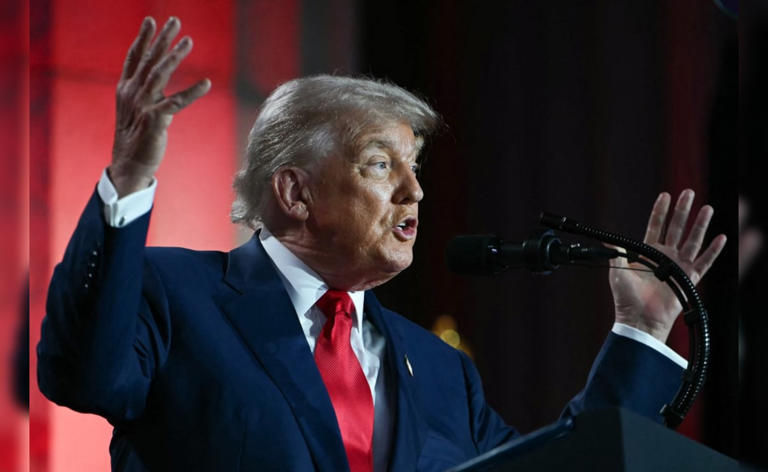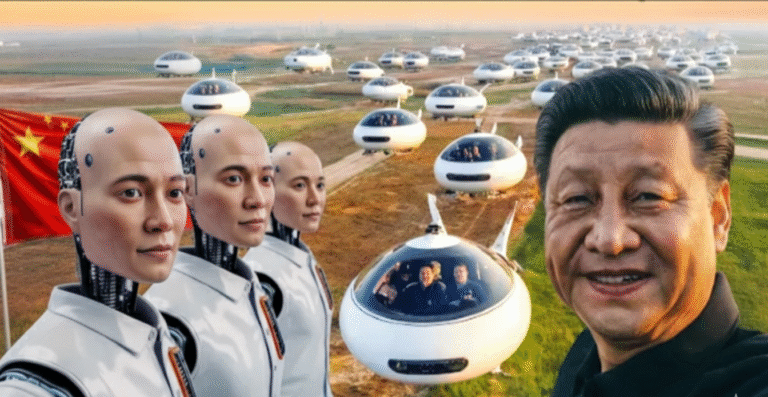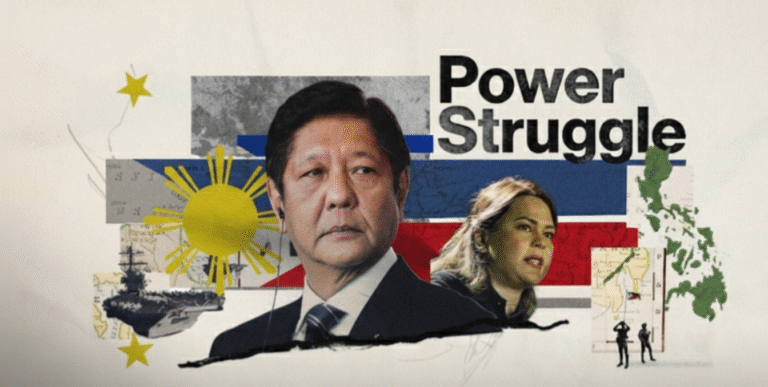
'Put America First': Trump's Big Warning To Tech Firms Against Hiring Indians
Trump Warning to Tech Firms: A Game-Changer for Indian IT Talent?
In a bold political move, Donald Trump, the former President of the United States and potential 2024 contender, has issued a stern warning to tech companies: Stop hiring foreign workers—especially Indians—and “Put America First.” This statement has stirred up global debates on immigration, H-1B visas, and the future of the global tech workforce.
🇺🇸 Trump’s America First Agenda Returns
Trump’s recent remarks, during one of his 2025 campaign rallies, have reignited concerns among tech professionals, especially in India, who rely heavily on H-1B visa sponsorships for jobs in the U.S.
He declared:
“We will not allow American companies to replace hardworking citizens with cheap foreign labor. No more job-stealing from India or anywhere else!”
This is not the first time Trump has targeted the Indian tech talent pipeline. During his presidency (2016–2020), he introduced stricter visa regulations, impacting thousands of Indian engineers and IT professionals.
How This Impacts Indian Tech Workers
India supplies over 70% of H-1B visas, which are primarily utilized by software engineers, data analysts, cloud architects, and other IT professionals. Trump’s stance could mean:
- Fewer job opportunities in the U.S.
- Delayed or rejected visa processing
- A shift in hiring trends toward local U.S. workers
For the Indian IT community, this is a direct hit on aspirations to work in Silicon Valley or major U.S. cities like Seattle, Austin, and San Francisco.
🇮🇳 India’s Tech Ecosystem May See a Boost
Indian startups and tech firms may benefit as skilled professionals reconsider U.S. dreams. This shift could boost innovation, hiring, and entrepreneurship within India’s tech ecosystem.
Why Tech Firms Still Prefer Indian Talent
Despite Trump’s claims, companies like Google, Amazon, Microsoft, and Meta have long relied on Indian professionals for their expertise, scalability, and cost efficiency. A ban or hiring restriction could significantly impact productivity and innovation in the tech industry.
According to a 2024 report by Statista, India accounted for 75% of all H-1B approvals in the past year.
Global Impact and Hiring Alternatives
If Trump’s warning translates into policy:
- Companies may shift operations offshore (e.g., setting up bases in India or remote hiring).
- Countries like Canada, the UK, and Australia could benefit from a brain drain from India.
- There could be a rise in remote work contracts, bypassing immigration rules altogether.
The Real Debate: Protectionism vs Global Talent
Trump’s slogan “Hire American” appeals to a domestic audience concerned about job loss. However, critics argue that this move may harm:
- U.S. competitiveness
- Global innovation
- Tech company growth
If high-skilled jobs are restricted, many believe the U.S. tech industry could lose its edge to countries embracing global talent.
Market & Political Reactions
Following Trump’s statement:
- Tech stocks saw minor dips due to uncertainty in workforce planning.
- Indian social media exploded with discussions on alternative career paths.
- Immigration attorneys have already started preparing for possible legal battles over future executive orders.
What Can Indian Tech Professionals Do Now?
For now, Indian professionals eyeing U.S. tech jobs should:
- Explore countries with relaxed visa policies like Canada, Germany, or Ireland.
- Upskill in niche areas like AI, cybersecurity, and quantum computing to stay in demand.
- Consider remote-first opportunities with global startups or tech unicorns.
Final Thoughts
Trump’s warning to tech firms isn’t just campaign noise—it could shape immigration and hiring policy for years to come. While American workers may feel empowered, global tech professionals—especially Indians—are now facing uncertainty.
In a world connected by code and cloud, shutting out talent based on nationality could end up being a short-sighted decision. Only time will tell whether Trump’s words will become law—or just political fire.


